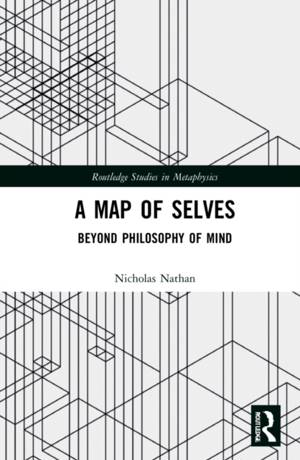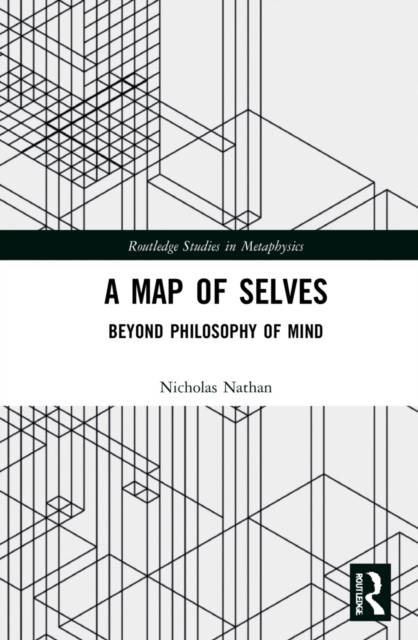
- Afhalen na 1 uur in een winkel met voorraad
- Gratis thuislevering in België vanaf € 30
- Ruim aanbod met 7 miljoen producten
- Afhalen na 1 uur in een winkel met voorraad
- Gratis thuislevering in België vanaf € 30
- Ruim aanbod met 7 miljoen producten
Omschrijving
A Map of Selves defines a concept of selfhood, radically different from the Cartesian, neo-Humean, materialist and animalist concepts which now dominate analytical philosophy of mind. A self, as this book defines it, is an enduring substance with a quality which is its constant possession, which it does not share with any other substance, and which is often remembered by it as its own. The author maintains that we are selves as so defined. He criticises the panpsychist theory that material objects are composed of selves analogous to ours, and argues, further, for the existence of at least one transcendent self, whose activity explains both our own existence and the existence of the natural world. He ends by considering whether things would be worse for us if selves as the book defines them did not exist, and we were, as some philosophers suppose we are, just brains, or sequences of mental events, or hylemorphic structures, or subjects which last no longer than the specious present.
Nathan's carefully argued and original book will be of interest to researchers in metaphysics and philosophical psychology, and to their students.
Specificaties
Betrokkenen
- Auteur(s):
- Uitgeverij:
Inhoud
- Aantal bladzijden:
- 102
- Taal:
- Engels
- Reeks:
Eigenschappen
- Productcode (EAN):
- 9781032228501
- Verschijningsdatum:
- 29/04/2022
- Uitvoering:
- Hardcover
- Formaat:
- Genaaid
- Afmetingen:
- 156 mm x 234 mm
- Gewicht:
- 335 g

Alleen bij Standaard Boekhandel
Beoordelingen
We publiceren alleen reviews die voldoen aan de voorwaarden voor reviews. Bekijk onze voorwaarden voor reviews.








